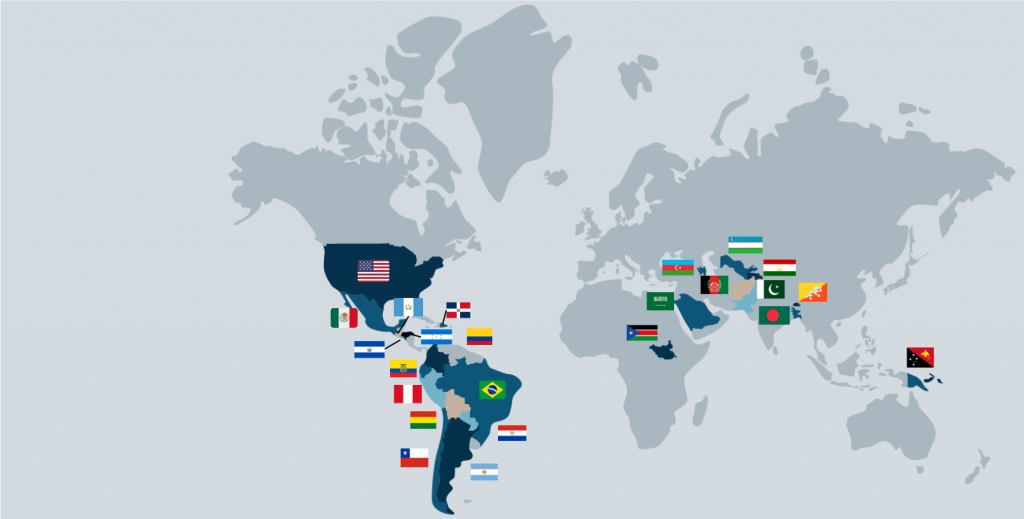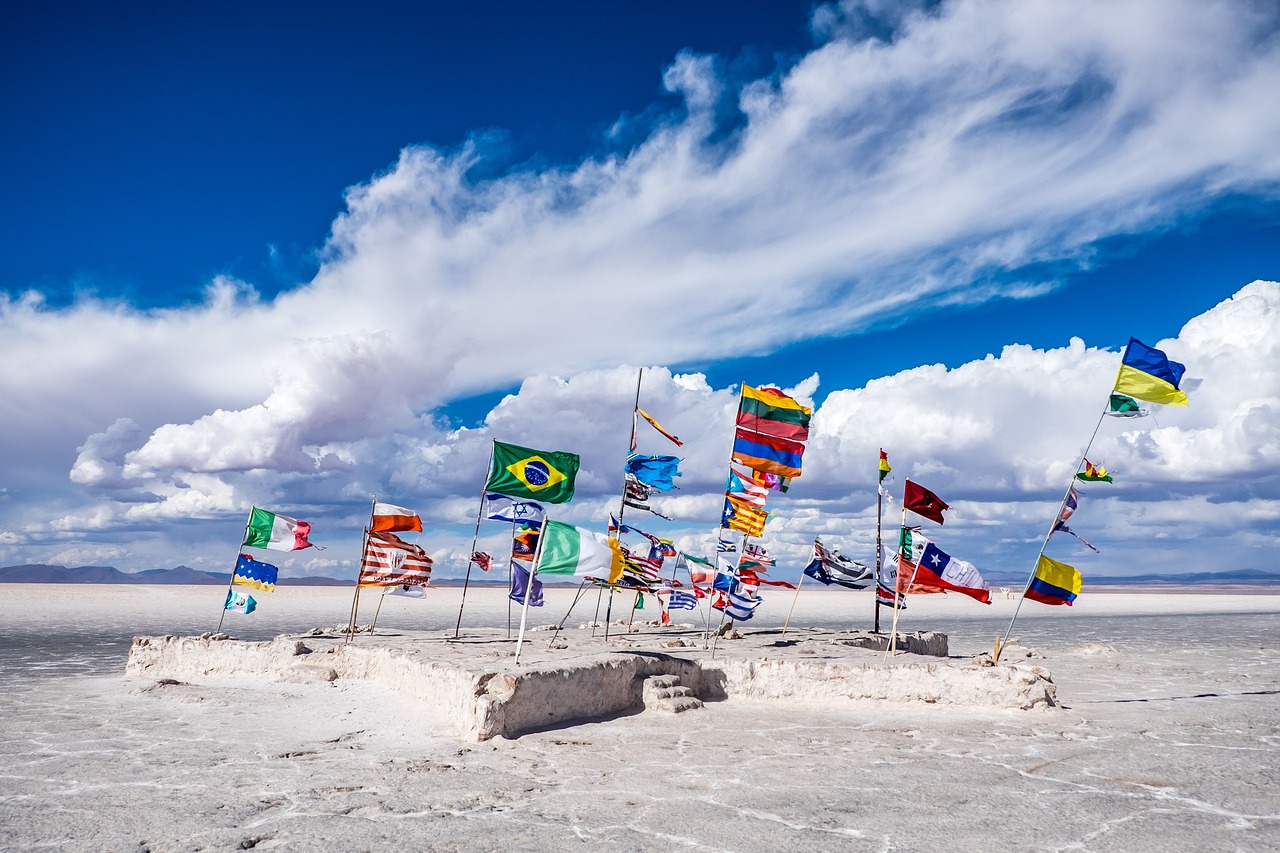I am a Bolivian economist, graduated from the Catholic University of Bolivia, with postgraduate studies in Chile, Germany and Colombia. I was Minister of Hydrocarbons in Bolivia and coordinator of Hydrocarbons at OLADE based in Quito, Ecuador. I’ve worked in Afghanistan, Argentina, Azerbaijan, Bangladesh, Bhutan, Bolivia, Brazil, Chile, Colombia, Ecuador, El Salvador, the United States of America, Guatemala, Honduras, Mexico, Papua New Guinea, Paraguay, Peru, Pakistan, the Dominican Republic, South Sudan, Tajikistan and Uzbekistan.
Also professor at FLACSO (Argentina and Peru) and the University of the Americas (Ecuador); the Catholic University (Peru), the National Autonomous University of Mexico, the Bolivian Catholic University, the Bolivian Private University, the Andean University Simon Bolivar, the Universidad Mayor de San Andres and others.

I invite you to read my last article

Preliminary economic results of the lithium contract: YLB – Uranium
Nowadays the Bolivian Assembly is discussing a document with the following long… very long title: “Accidental Association Contract for the Development of a Direct Lithium Extraction Plant – EDL and Lithium Carbonation in the Salar de Uyuni in the Department of Potosí, Bolivia, signed on September 11, 2024, between the National Strategic Company of Bolivian Lithium Deposits – YLB and the Uranium One Group Join Stock Company Bolivia Branch”.
Last year (and part of this one) Oxfam Bolivia was kind enough to organize a study about the impact of the lithium exploitation in Bolivia, the final document can be downloaded at this link. That’s why I began to familiarize myself with the economic-financial details resulting from the exploitation of lithium carbonate in the “Salar de Uyuni”.
Latest on my blog
Publications in magazines
Blog Analysis Articles
Published Books
Participation in Seminars
Recent articles







